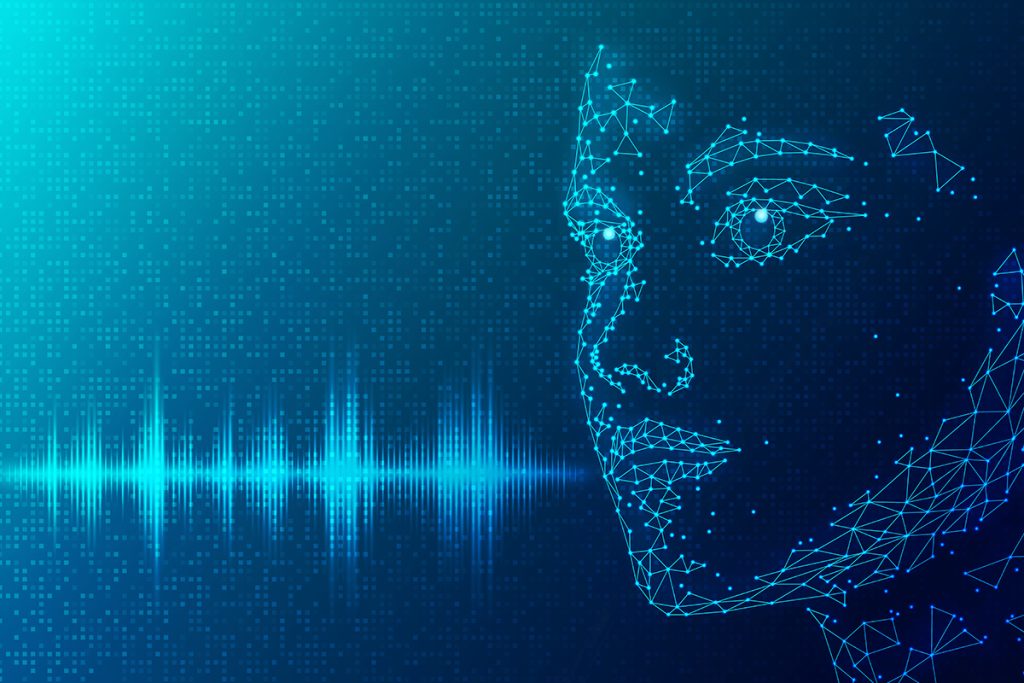In recent years, the field of voice-replicating technology has seen significant advancements, with new speech generative models improving the ability to create convincingly realistic audio from minimal inputs. Innovations such as OpenAI’s Voice Engine, which can generate speech from a single 15-second audio sample, have revolutionized the landscape. However, the increasing sophistication of these technologies has also raised concerns about their potential misuse.
The rise of AI-generated audio has opened up new avenues for scams and misinformation, with instances of AI being used to impersonate notable figures, including a high-profile case involving a robocaller mimicking President Joe Biden. These impersonations aren’t limited to political mischief; they also extend to scams targeting individuals by pretending to be their loved ones, often with the intent to defraud.
To combat these risks, Meta, the parent company behind major platforms like Facebook and Instagram, has developed a new product known as AudioSeal. This innovative technology is the first of its kind, designed specifically to tackle the challenges posed by AI-generated audio. AudioSeal operates by embedding an imperceptible signal, or watermark, into audio content, which can then be detected by specialized algorithms.
This watermarking process represents a significant shift from traditional methods of synthesizing and detecting audio. Rather than relying on slower, brute-force algorithms typically used for encoding and decoding audio watermarks, AudioSeal utilizes a generator/detector architecture. This approach allows for the watermark to be integrated and detected directly at the audio sample level, enhancing the speed and efficiency of the process.
Meta’s development team reports that AudioSeal has demonstrated impressive accuracy in identifying these watermarks, achieving detection rates between 90 and 100 percent. Such high accuracy ensures that AI-generated audio can be reliably identified, adding a layer of security against its misuse.
However, the implementation of AudioSeal is not without challenges. For the watermarking to be effective, it requires cooperation from companies producing voice-generating technologies to embed these watermarks within their audio files. This necessity poses a hurdle, as not all companies may be willing or able to participate in such a scheme.
Beyond the technical and operational challenges, there are also ethical considerations associated with the use of audio watermarking. While it offers significant benefits in terms of security and authenticity, the technology could potentially be misused. Concerns have been raised about its application in government surveillance or corporate settings, where it could be used to monitor dissidents or whistleblowers. Furthermore, the capability to identify AI-generated content could lead to increased skepticism about the authenticity of digital communications, potentially undermining trust in digital media and AI more broadly.
Despite these concerns, the importance of having the ability to detect AI-generated content remains paramount. As the technology continues to evolve, it is crucial that robust security measures and legal frameworks are established to govern its use. These frameworks will play a vital role in balancing the benefits of AI in digital media with the need to protect individuals and maintain trust in technological advancements.
Meta’s AudioSeal, with its pioneering approach to audio watermarking, represents a critical step forward in addressing these issues. The technique, along with further details, has been shared publicly on the pre-print server arXiv and is available on GitHub, inviting collaboration and scrutiny from the broader scientific and technological community. As we navigate the complexities of AI-generated media, innovations like AudioSeal are essential for ensuring a safe and trustworthy digital future.


